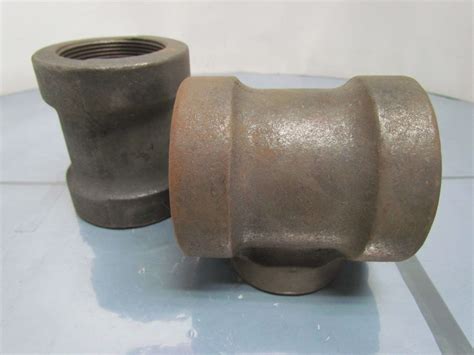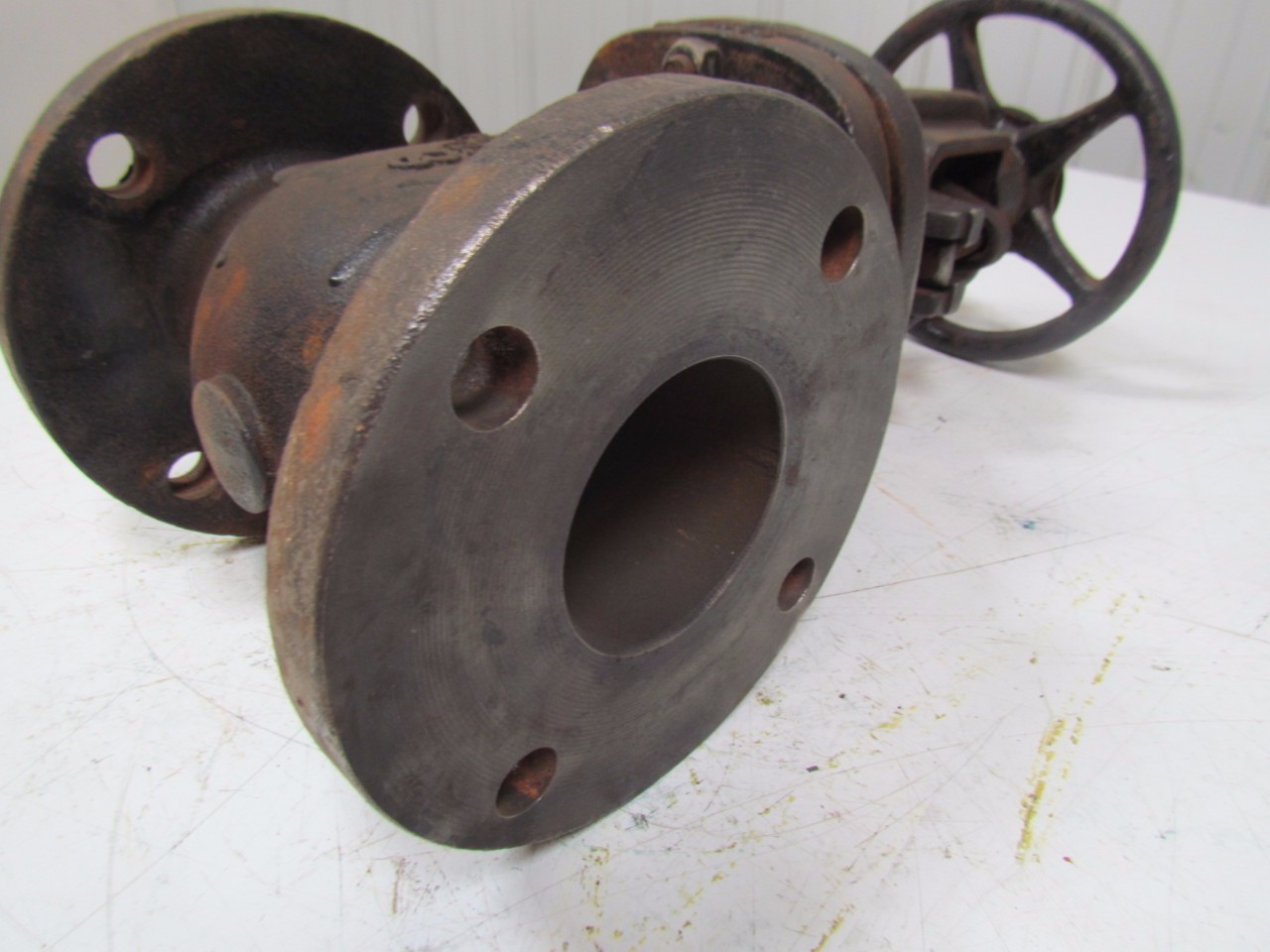Advantages of cast iron
Advantages of cast iron
Casting is a process by which metals are melted and poured into molds or casts to create a part or products of the desired dimensions and shape. They are allowed to cool down and solidify before being removed from the molds and used.Casting is used in a myriad of industries and employed for an array of uses.
There are various types of metal casting, cast iron and cast steel are the most common types of casting. While cast iron includes grey cast iron, ductile cast iron and malleable cast iron, cast steel includes alloy steel and carbon steel casting.Iron casts have carbon content of more than 2 percent. On the other hand, steel casting products less than 2 percent carbon content. The chemical properties of cast iron and cast steel do not vary largely. However, they have different physical properties.
Iron Casting
Cast iron has a wide range of advantages and few less lucrative properties.
Grey Cast Iron
It has good casting properties, high machinability, good wear resistance as well as good vibration damping. It can withstand greater load and has a good degree of resistance against corrosion. It, however, has low tensile strength and elongation properties. It is used in manufacture of cylinder blocks, pistons, gear boxes, knives, table wheels, pipes, valves, etc.
Ductile Cast Iron and Malleable Cast Iron
They have high strength, high heat-resistance and toughness. They are used in a wide range of industries: engineering, agriculture, automotive, road and construction, etc. the production of cast iron is more complex and expensive than greycast iron. They also have more casting defects than grey cast iron.
Steel Casting: Pros and Cons
Cast steel is highly flexible. Hence, it can be used to create parts or products of complex shape with hollow cross sections. It can be cast with a wide range of chemical composition that can be adapted according to the specific requirements of the product. By varying the heat treatment, the mechanical properties and workability and wield ability of the cast steel can vary.
Though it is expensive, it offers good flexibility in designing and has short delivery time. For these reasons, cast steel has a competitive advantage over other cast metals. Further, the weight range of cast steel can vary widely which is an advantage as it can be used in an array of applications over a range of industries. It can weigh from few grams to several hundred tons depending upon the precision required for casting. They can also be used for a wide range of working conditions. Their mechanical properties are superior to other metal casting products. They can be used in applications where other cast metals cannot be used. It can bear high tensile pressure or dynamic load of components as well as withstand pressure at low or high temperature.
However, it has low wear resistance, mobility and low shake-suction. Further, it has bad casting ability and machinability which is a distinct disadvantage. The cost of casting steel alloys is also more than cast iron. Hence, whether you should use cast iron or cast steel basically depends on your specific needs. They have both advantages and disadvantages and find their use in a wide range of industries.

cast iron, cast grey iron, cast gray iron, cast ductile iron, cast malleable iron, casting iron, iron casting

